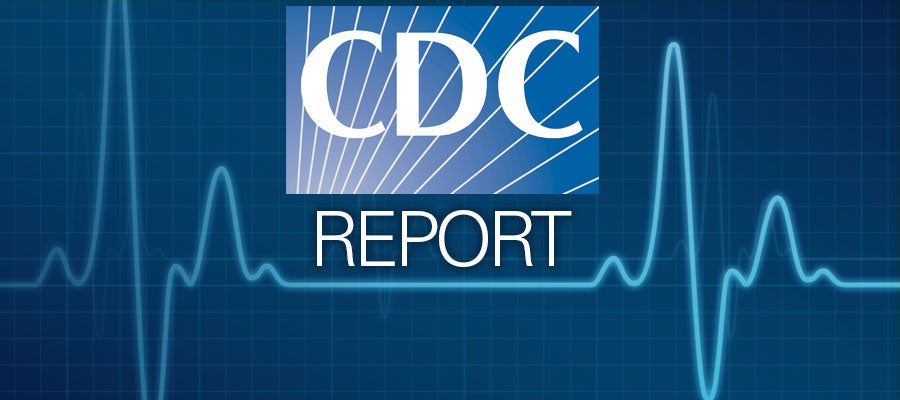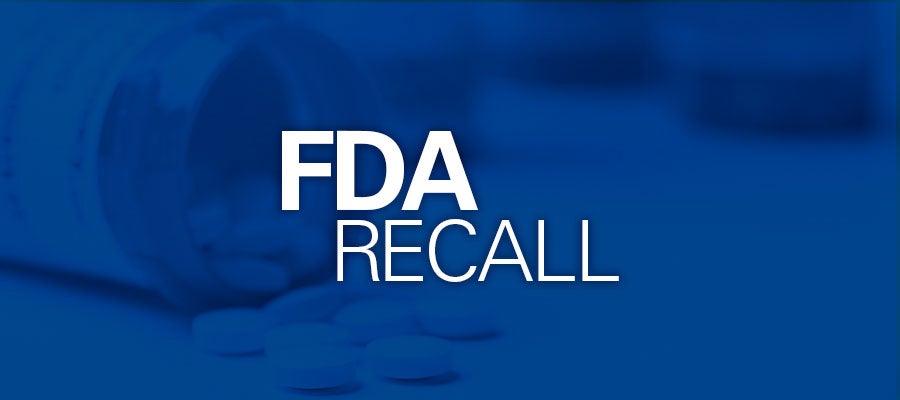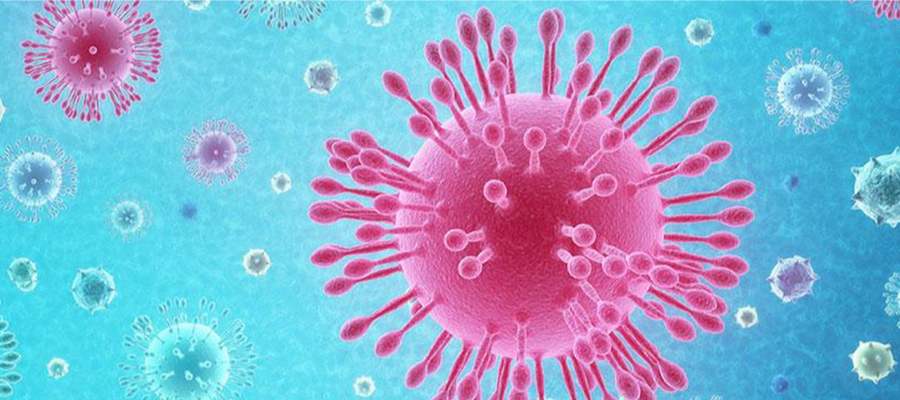Attendees of the 2021 AHA Rural Health Care Leadership Conference heard from keynote speaker Mark Shrime, M.D., O'Brien Chair of Global Surgery at Royal College of Surgeons in Dublin and lecturer in the Department of Global Health and Social Medicine at Harvard Medical School, and James Orlikoff, president of Orlikoff and Associates, Inc., who shared his insights on implications of the pandemic for the future of rural health care.








